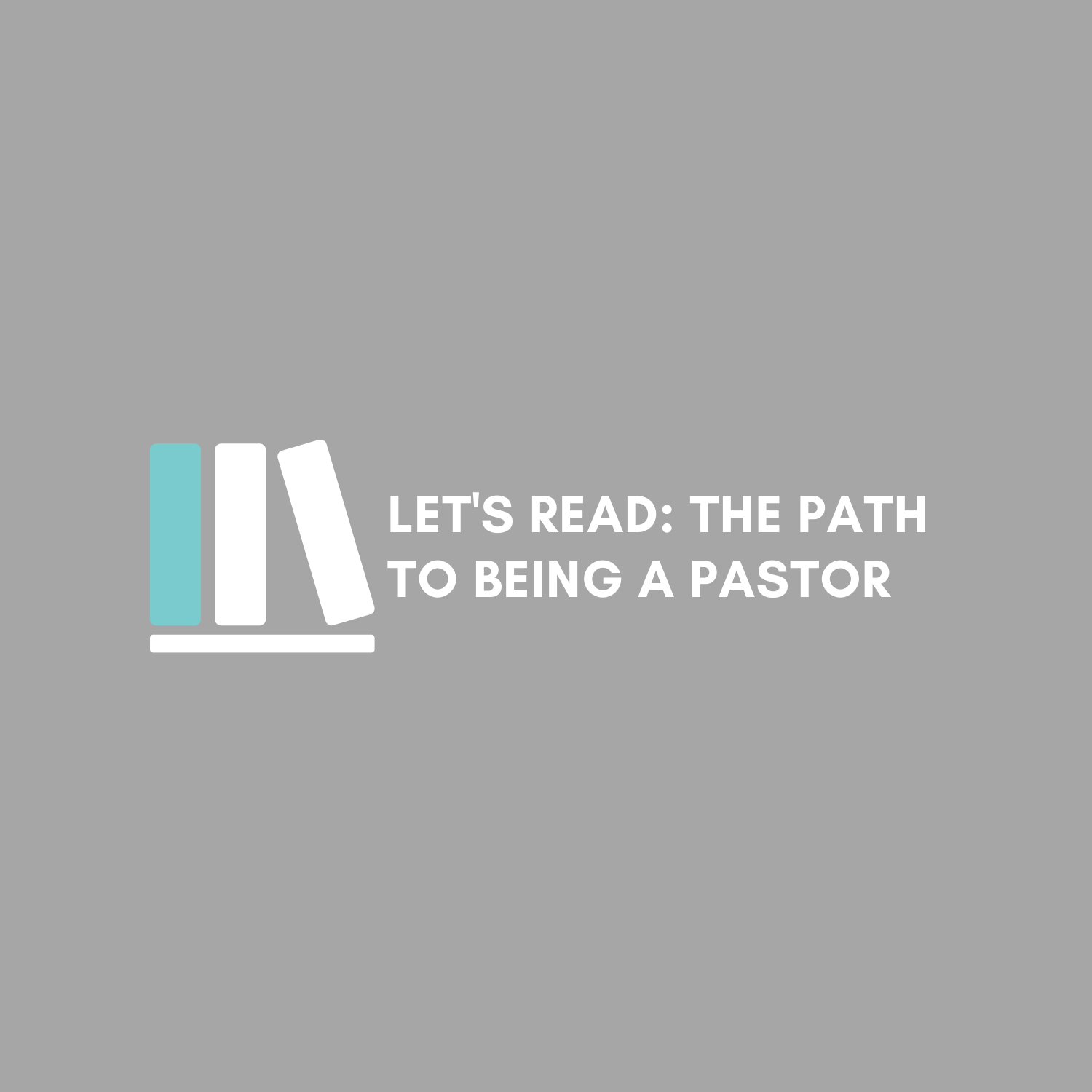Let's Read: The Path To Being A Pastor (chapters 13-23)

The Path To Being A Pastor
By Edwin Ewart
I hope, like me, you are enjoying and being challenged by Bobby Jamieson’s book. This latest section contains a great deal of stimulating and pertinent material for anyone who is already a pastor or anyone thinking about pastoral work in the future.
In chapter 13 the author commends the virtue of ‘copiousness’ (the ability to say something about anything) and this, he argues, will be acquired through constant reading. In a largely non-reading generation, this is a much-needed appeal especially as it is reading with focus and intention that is advocated.
Chapter 14 indicates that pastors, more than anybody, should pray! Here the writer provides solid reasons for prayer in the life of the Christian leader, surveying both private and public prayer and the matter of teaching on prayer. Jamieson identifies four practical encouragements in this connection, which though not new, get to the heart of pastoral responsibility.
In chapter 15 there is wise counsel on the vexed subject of pornography in which the author emphasises reflection on our heads, hearts, and habits together with some practical advice on our ‘hardware’ (recommending the cutting off of access points).
Chapters 16-18 address the sphere of home and family stressing the importance of godliness and like-mindedness in a marriage partner while, at the same time, eschewing common stereotypes. In addition, light is shed on the biblical principle of loving our wives as Christ loved the church and parenting our children in a way that is winsome and does not embitter.
In chapter 19, Jamieson proceeds to consider the matter of church polity in which the concluding statement is a standout - ‘Pastoring a church is a profound joy, but I would never want to pastor a crowd. A crowd comes and goes at whim…but a church is born out of mutual commitment to Christ and each other’ (p. 131).
Chapters 20 and 21 recommend the aspiring pastor to ‘serve out of the spotlight’ and ‘make the most out of seminary’ on the basis that such training will help to make you a better pastor. Here the pros and cons of online as opposed to in-person training are helpfully discussed with a useful emphasis on relationships and the church. The author’s statement ‘your goal in seminary is not to fill a shelf but to dig a well’ is particularly striking.
The focus of chapter 22 on the function of trials in the pastor’s life is both biblically rooted and appropriately illustrated from Jamieson’s own experience.
Chapter 23 is a fascinating and powerful section on the importance of ‘filtration’ in the life of the leader. The various filters of leading a family, doing a job and gaining experience in assistant service are examined and commended. Again, a standout statement here is, ‘The best preparation for being in authority is being under authority’ (p.152).
Questions to consider for aspiring pastors:
-
What are your patterns of reading? Will these enable you to be ‘copious’ in future ministry?
-
Compare and contrast your private and public prayers with the pointers given here in chapter 14.
-
What are you looking for in a marriage partner? Are your expectations biblical or merely cultural?
-
In what ways are you already serving ‘out of the spotlight'?





